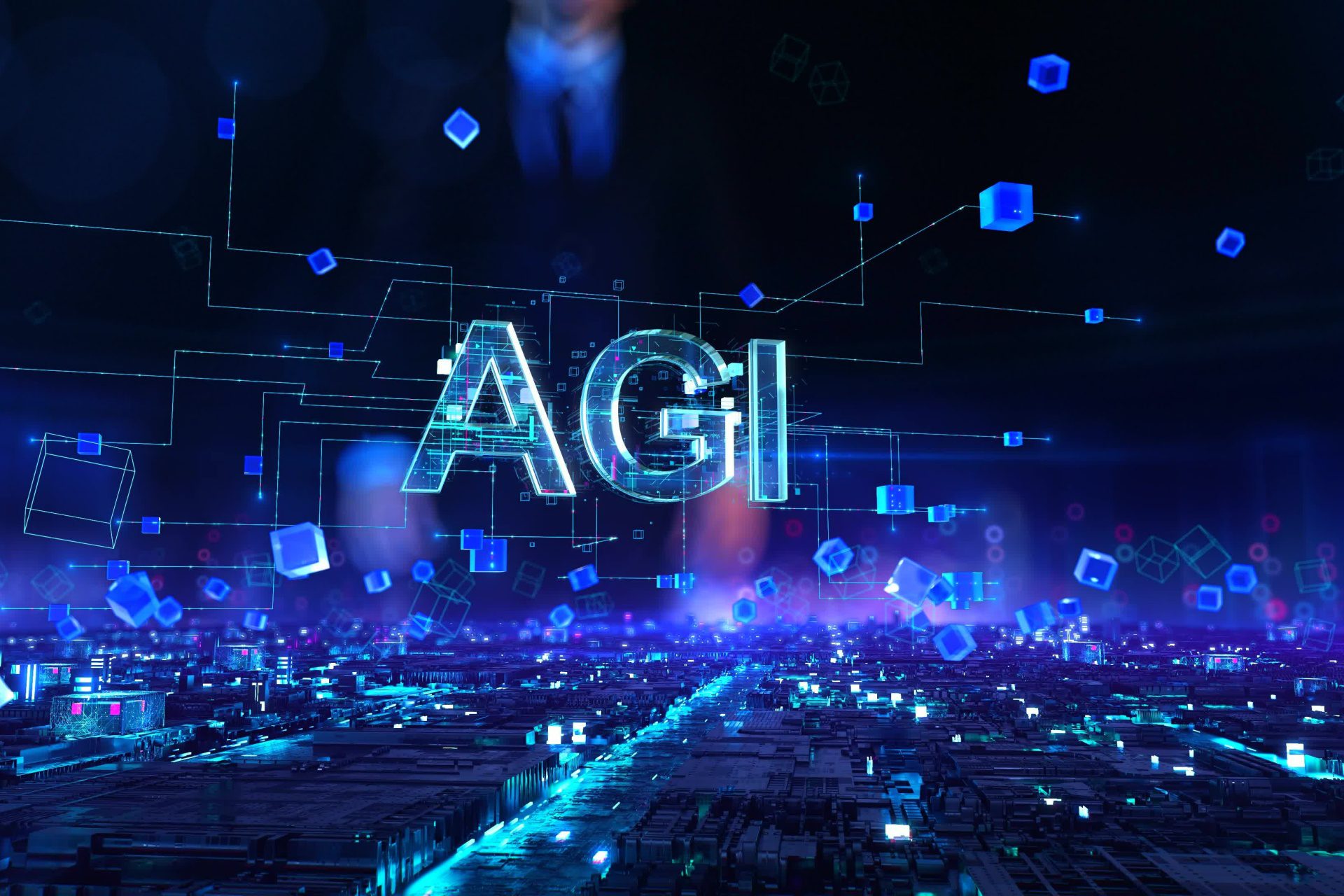A definition of Artificial General Intelligence in simple words
Over the last few years, the challenging digital transformation phenomenon engaged worldwide public and private players in front of new disruptive technologies that are playing as game changers: one of these is surely Artificial Intelligence.
Nowadays, AI has been impressively developed and IT researchers managed to build tools and algorithms capable of carrying out complex operations that would require specific human-like intelligence skills and great effort in terms of energies and time.
But what about Artificial General Intelligence? Did you ever hear of it? If you didn’t, here’s its clear definition in simple words: Artificial General Intelligence (or simply AGI), also known as Strong AI, Full AI or Super-intelligence, refers to a hypothetical and amazingly advanced form of AI provided with the highest levels of self-awareness and consciousness and the ability to think, understand, learn and effectively apply knowledge and skills in multiple tasks and situations. Exactly like a human would do.
It feels like science fiction; and for this reason, it’s unlikely that such prospect could ever be achieved soon as we usually expect it to be, so as it’s pictured in cult movies and novels. But it probably counts only for the next few years. Let’s head into the following paragraphs of this article for a wider and in-depth knowledge of this topic.
What’s the difference between AI and AGI?
First of all, we need to understand the difference between AI and AGI. In short, while Artificial Intelligence actually exists and includes a vast range of technologies and systems in use, in addition to studies that deal with the real machine and computer cognition capacity, Artificial General Intelligence currently still remains a theoretical concept, a long-cherished dream representing one of IT developers and scientists futuristic goals.
Moreover, another key difference may simply regards to the mere fact that if AI is usually limited, but skilled and specialized in specific fields such as cyber security and digital onboarding, then AGI aims to create conscious machines resembling humans.
Features and traits of Artificial General Intelligence
Another interesting perspective of this matter that should be considered concerns the main features of Artificial General Intelligence. In particular, we can distinguish intelligence and physical traits of AGI, two dimensions that both contribute to the development of such super advanced human-like and self-aware AI.
If you stop for a moment to ponder such things, it’ll appear clear that these are the same characteristics that make humans what they are. Indeed, intelligence traits of AGI include capacities like reasoning, planning, learning, making decisions, using and applying strategy, representing knowledge, solving puzzles and even communicating by using and adapting natural language. Some interdisciplinary approaches, like cognitive science, even theorize imagination as a potential Artificial General Intelligence trait, hence the ability to autonomously conceive completely brand new mental images and concepts. But physical traits of AGI should also be considered with great interest by experts and researchers dreaming about a plunge into sci-fi, thus the prospect of experiencing contact with machines literally able to sense, for example see, hear, or smell, and to act, thus move around, manipulate objects, and carry out intentional movements on their own will.
For further information and considerations on the Artificial General Intelligence, we suggest to check out the enlightening essay Minds, Brains, and Programs. Behavioral and Brain Sciences written by the American philosopher John Rogers Searle, a reading that could serve as a perfect starting point to understand the concept idea at the foundation of technologies such as supercomputers and AGI, of course. Following, one of its most interesting quotes:
“According to strong AI, the computer is not merely a tool in the study of the mind; rather, the appropriately programmed computer really is a mind”.
Potential evolution of Artificial General Intelligence: what’s next?
Whatever is the subject, a proper analysis can’t do without statistics and data that provide a clear photograph of the actual situation. So, let’s check some together right now.
We’re taking into account data from Forbes and Radixweb about the most interesting AI key statistics and trends in a range of time considering the next few years. Let’s begin from a general overview on Artificial Intelligence as an industry and field of investment:
- AI global market value is expected to rise from $136,5 billion (2022) to almost $1812 billion by 2030, with at least 37% CAGR from 2023 up to 2030;
- AI is expected to contribute more than $15 trillion to the global economy by 2030, specifically the greatest economic gains from AI will be recorded in China (26% rise to GDP in 2030) and in North America (14.5% boost);
- at least 4 organizations on 5 (83%) consider AI as a top priority for the business growth and around 97 million people are expected to work in AI by 2025, even though by 2030 intelligent machines may replace 30% of the world’s workforce and 375 million people might need to change careers.
Let’s now check stats about automotive and healthcare sectors, two key industries leading the development of super-skilled and smart AI systems that could serve as prototypes for the development of Artificial General Intelligence:
- the self-driving car market is expected to increase up to almost 14 billion by 2030 and hopefully 10% of vehicles will be driver-less by the same year;
- the medical robot market is expected to grow up to $40 billion by 2032 with at least 17% CAGR from 2022 to 2032;
- the global market size of RPA (Robotics Process Automation) in the healthcare field is expected to rise up to over $6 billion by 2030 with a 26% CAGR.
Such clear numbers show how AI truly represents the actual, but ever more the next big thing, when it comes to worldwide economy and industries. Important investments in this technological sector are supported year by year and it seems that in future, maybe in a few decades, if today’s predictions are correct there could be room for the potential evolution of what we could label as Artificial General Intelligence.
Will AGI change the world? When and if it’ll happen, absolutely it will; but no one nowadays could dare to precisely predict what’s next in the ongoing digital transformation process. Instead, the real question to ponder today should be: is AGI really possible? Even if it may still be far off, we think that the growing capabilities of latest AI solutions suggest that we could be making progress toward its development. What we can do now is just joining this amazing journey driving the world straight to the future.








